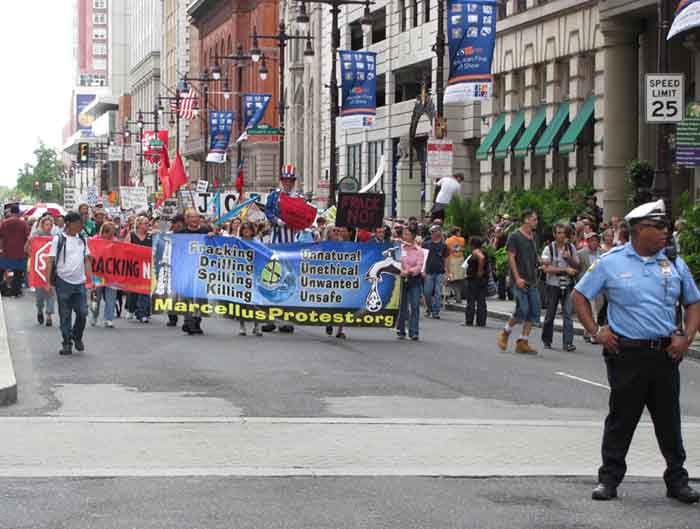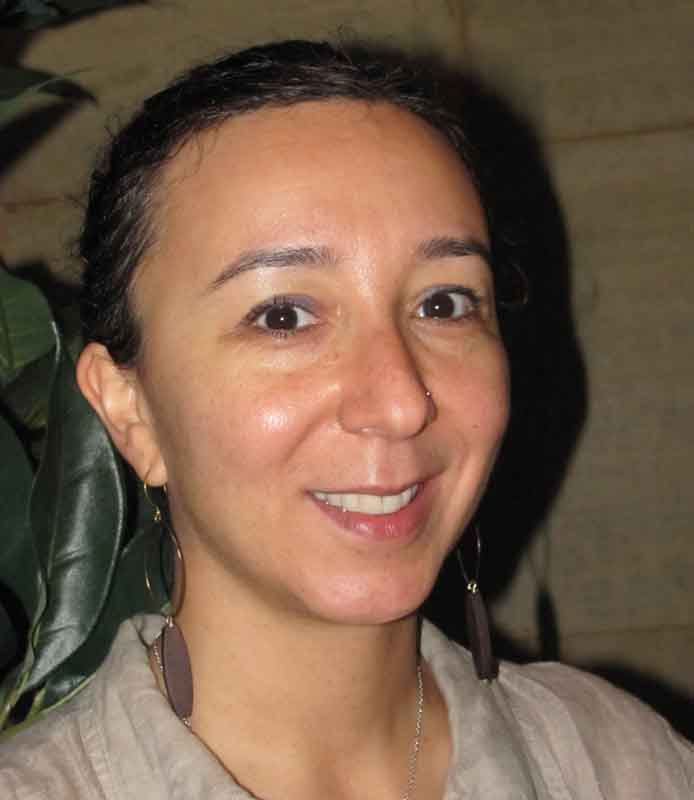[The following story reported by Mason Loika appeared in the Bucks County Herald on December 1, 2011. It appears here to underscore military psychological operatives' ties to fracking in Pennsylvania.]

After the governor of Delaware announced his state’s position opposes fracking, the Delaware River Basin Commission cancelled its Nov. 21 meeting expected to allow gas drilling in the Delaware River’s watershed.
But don’t expect the fight to stop here. While citizens from the Northeast were focused on the Halloween Snowstorm, oil industry bigshots were conducting another conference — this time at the Hyatt Regency Hotel in Houston.
An environmental activist attended that conference and sent a recording of the event to CNBC, in which Range Resources communications director Matt Pitzarella says his company employs current and former psychological operations (“psy ops”) military personnel to deal with “localized issues and local government.”
The stakes seem to be growing exponentially bigger; many environmental organizations and specialists say the drilling is harmful.

Dr. Pouné Saberi, a 10-year family physician, knows about the potential health risks of fracking. She evolved from a genealogical family of educators and now participates in the Occupational and Environmental Medicine program at the University of Pennsylvania.
She also serves as a clinician at B.L. Johnson Sayre Health Center and became a faculty member at Penn’s Family Medicine and Community Health Department. Her inner enlightenment about potential health impacts associated with natural gas drilling came from interviewing a dozen people exhibiting adverse symptoms in affected areas.
Four years ago, Saberi heard about the Penn’s Center of Excellence in Environmental Toxicology, and jumped at the chance to see her career goals juxtapose with a developing personal philosophy. “When I got started, I was learning contaminants in our drinking water mainly act as endocrine destructors,” she said. “That’s actually how I got involved in this.”
Saberi draws a parallel between the discovery of pharmaceuticals in drinking water and fracking. With the multiple risks inherent in hydraulic fracturing of the Earth’s shale, she warns, “We are going back in time. We are not progressing; we are digressing.”
Fracking is not an acceptable way to mine natural gas, she believes. “For years they have been obtaining natural gas in much more shallow reservoirs,” she noted. “That’s less destructive to the environment, being shallow and vertical. The less you disrupt what is meant to last for hundreds of millions of years, the better.”
The options available for America to become energy self-dependent have lessened, though, and Saberi admits, “We have completely tapped out that reservoir.”
As more federal monies are pledged to repair and build new national highways and bridges in a constricting economy, the codeword “infrastructure” is used to obfuscate how these mammoth expenditures are predicated on increased fossil-fuel usage. And that seems to be why Dr. Saberi became absorbed in the exploratory science posited by the anti-fracking movement about a year ago and found herself an environmental advocate.
Saberi doesn’t shout slogans, though. She speaks in the careful practiced jargon of an experienced scientist who is a respected family physician. She criticizes Dick Cheney’s 2005 exemption for the natural gas industry, known as the “Halliburton Loophole,” from seven environmental laws, “especially the Clean Water Act that makes our municipal waters so safe to drink.”
As a member of the executive committee for Protecting Our Waters, her clinical perspective makes clear what’s at stake to rebuild the appearance of a truly healthy economy: clean air and water.